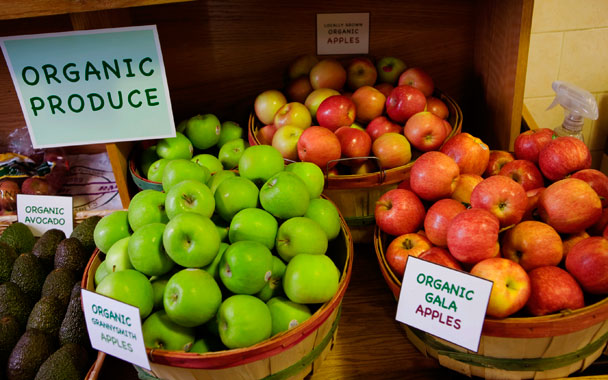It’s never a good start to your day when the first email you open is an authoritative-sounding press release forwarded by your boss that directly contradicts something you published on the company’s website.
“You know anything about this?” she asked ominously.
The release came from the American Council on Science and Health (ACSH). Made public on Tuesday, it was headlined: “Scientist Debunks Myth of Organic Nutritional Superiority,” and, not surprisingly, it received considerable media attention.
The myth that was supposedly debunked was featured in this space a few months ago. It was a study co-authored by Dr. Charles Benbrook of the Organic Center, an affiliate of the Organic Trade Association, an industry group, which reported on the results of a review of nearly 100 scientific papers examining levels of nutrients in organic versus conventional crops. Benbrook and his associates concluded that organic food was on average 25 percent more nutrient-dense. Their work was regarded as one of the first scientifically valid research projects that clearly showed such an advantage. Earlier studies had been inconclusive. I felt some vindication for my own preference for organic foods and applauded the findings.
The release from the ACSH sharply criticized Benbrook’s paper. Its condemnation of his work was based on a critical review written by Joseph D. Rosen, emeritus professor of food science at Rutgers University. To be kind, it is scathing. Some choice arguments:
· The latest attempt by proponents of organic agriculture to prove that organically grown crops are nutritionally superior to conventional ones has failed.
· The authors used misleading and inappropriately evaluated data.
· Data were selectively chosen and presented to “prove” the desired point.
· The authors used data from articles that were not peer reviewed.
After “correcting several inaccuracies,” Rosen concluded that conventional crops were in fact 2 percent more nutritious than organic, directly contradicting Benbrook.
Ouch! But why all the vitriol? And was it true? Was I a sucker left with egg (albeit organic egg) on my face for regurgitating falsehoods promulgated by self-serving “proponents of organic agriculture?”
There is no question that Benbrook has a close association with an organic trade group, but exactly what was the ACSH and why did it have such an ax to grind?
A quick search showed that ACSH has a long history of being on the wrong side of virtually every environmental issue. It favors the use of rBST in milk production and supports irradiation to kill bacteria in food. It claimed that there was no proven link between heart disease and a diet high in cholesterol; and like many chemical-industry groups, it portrayed the public-health concerns over alar and saccharin as unfounded “food scares.” No surprise that the group has received funding from a host of huge chemical and food processing companies, including Dow Chemical, Monsanto, Archer Daniels Midland, and the National Agricultural Chemicals Association, who have vested interests in conventional agriculture.




 Pinterest
Pinterest


